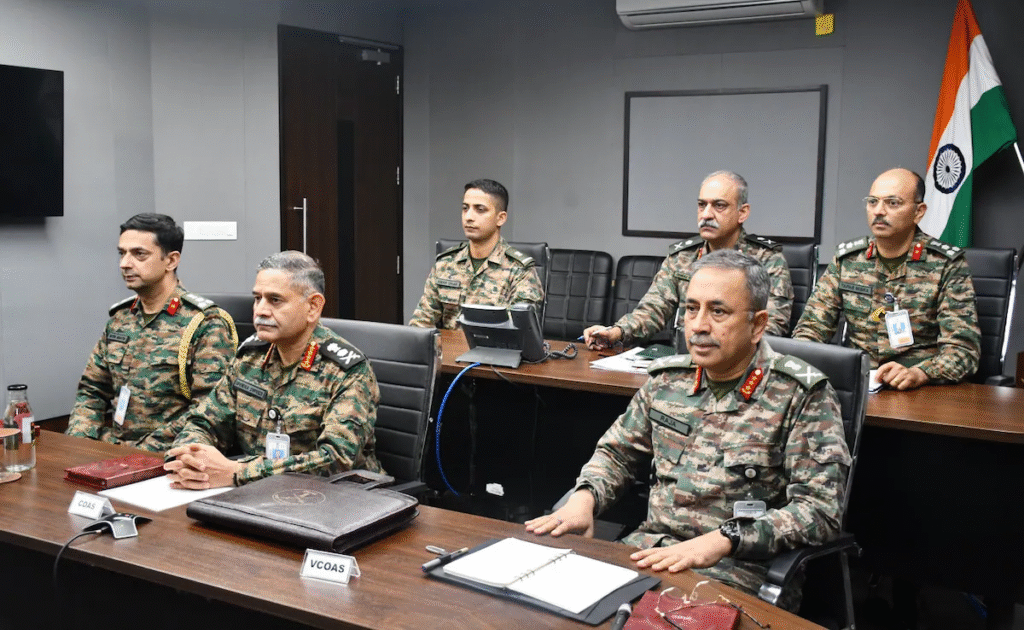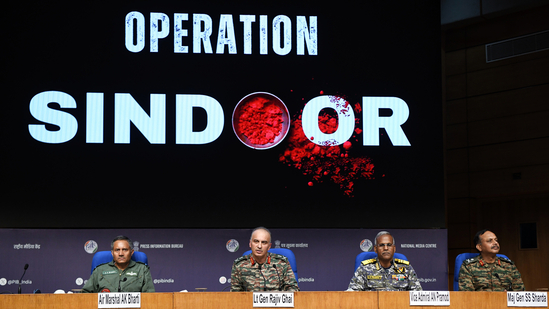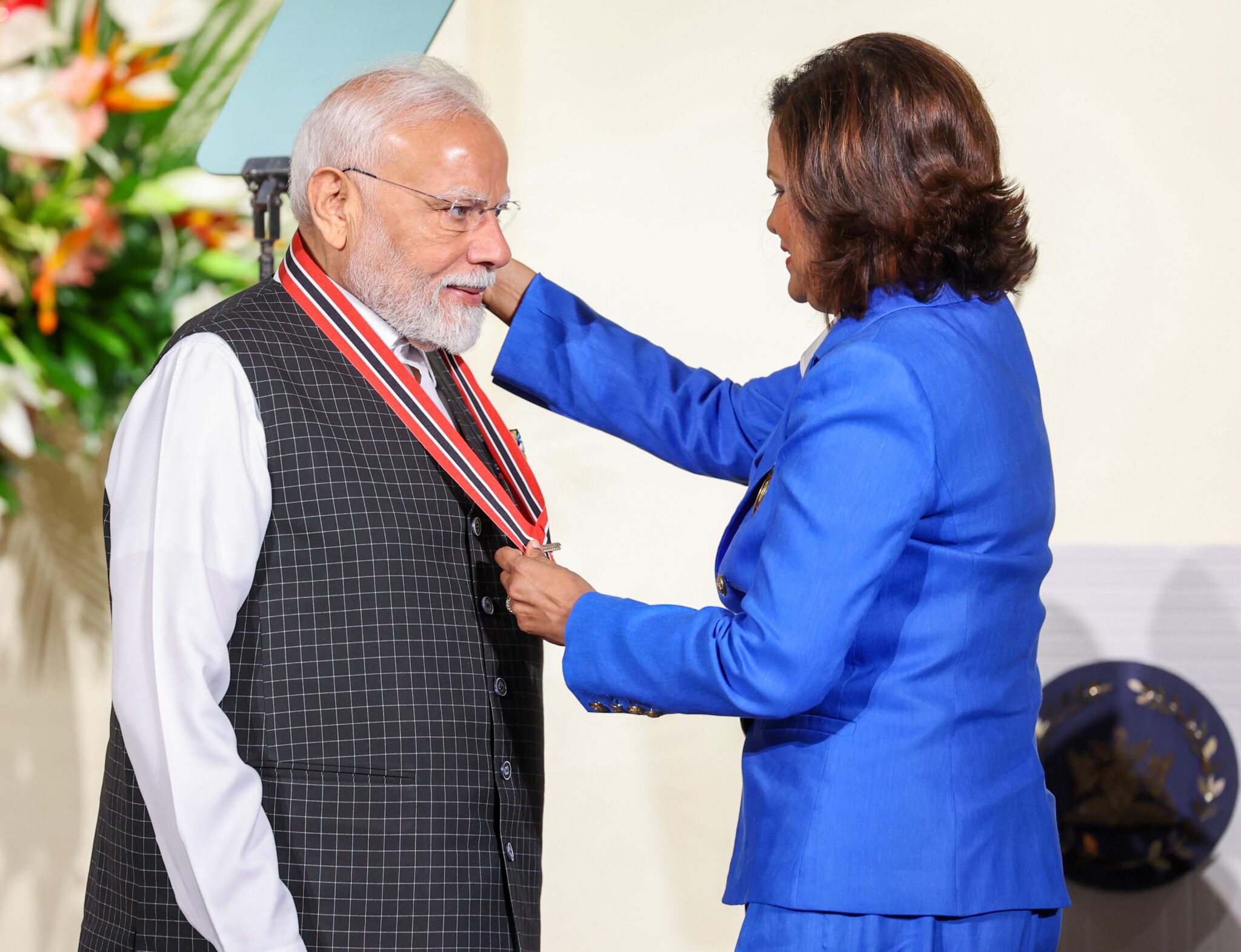In a recent revelation surrounding Operation Sindoor, a high-ranking Indian defence source disclosed that Pakistan changed its stance only after Indian authorities pushed U.S. Senator Marco Rubio to insist on official communication from Pakistan’s own channels. What followed was an unexpected call from Pakistan’s Director General of Military Operations (DGMO) — a moment seen as a turning point in the standoff.
Pakistan’s Tactical Shift: How Diplomatic Pressure Played a Role
The ongoing tensions at the Line of Control (LoC) were met with a firm Indian response during Operation Sindoor, a strategically coordinated military push. Indian officials, when briefed by U.S. Senator Marco Rubio on possible de-escalation strategies, firmly stated:
“We need to hear this from their official channels. Not third parties.”
Shortly after, a direct communication from Pakistan’s DGMO ensued — signaling a sudden change in their posture. This sequence of events underscores how India successfully leveraged both military readiness and diplomatic maneuvering to force a shift in Pakistan’s response.
This move resonates with similar tactics used in previous Indo-Pak conflicts, where India’s strategic patience and multi-front approach often led to favorable geopolitical shifts.

The Call That Changed the Narrative: DGMO Pakistan Breaks Silence
Indian military intelligence reports indicate that Pakistan’s DGMO made an unprecedented call shortly after India’s statement to Senator Rubio. The call was viewed by the Indian side as an indirect admission of heightened tensions and a willingness to de-escalate under international scrutiny.
This communication is significant because:
- Pakistan rarely initiates direct military-to-military communication, especially in the wake of a cross-border operation.
- It signals that internal pressure and external diplomatic dialogues are influencing Pakistan’s operational calculus.
The timing of the call, especially after the insistence on hearing from “official channels,” points to the strategic success of Operation Sindoor beyond the battlefield — establishing India’s stronghold in both defence and diplomacy.

Why Operation Sindoor Matters for India’s Strategic Posture
Beyond its immediate tactical objectives, Operation Sindoor marks a new chapter in India’s cross-border response doctrine:
- Reinforces India’s zero-tolerance policy on cross-border terrorism.
- Demonstrates the growing synergy between India’s defence forces and diplomatic channels.
- Sends a global message: India will respond, with force if necessary, but always with strategic intent.
In today’s hyperconnected world, where perception often dictates diplomacy, Operation Sindoor has placed India on the front foot — both in terms of regional dominance and international influence.
Conclusion: India’s Message Is Loud and Clear
Operation Sindoor wasn’t just a military operation. It was a carefully calculated message, asserting India’s sovereignty and strategic clarity. The diplomatic domino that followed — culminating in a rare call from Pakistan’s DGMO — is proof that when India speaks with unity and firmness, the world listens.
🔗 If you found this article insightful, share it with your network and follow us for more in-depth defence and geopolitical analyses.










